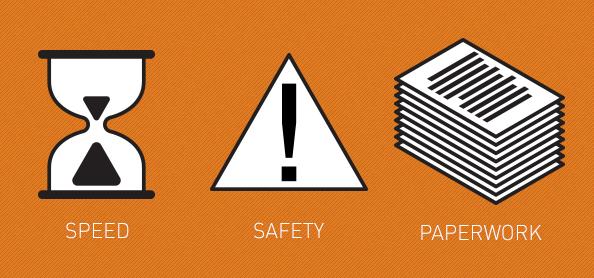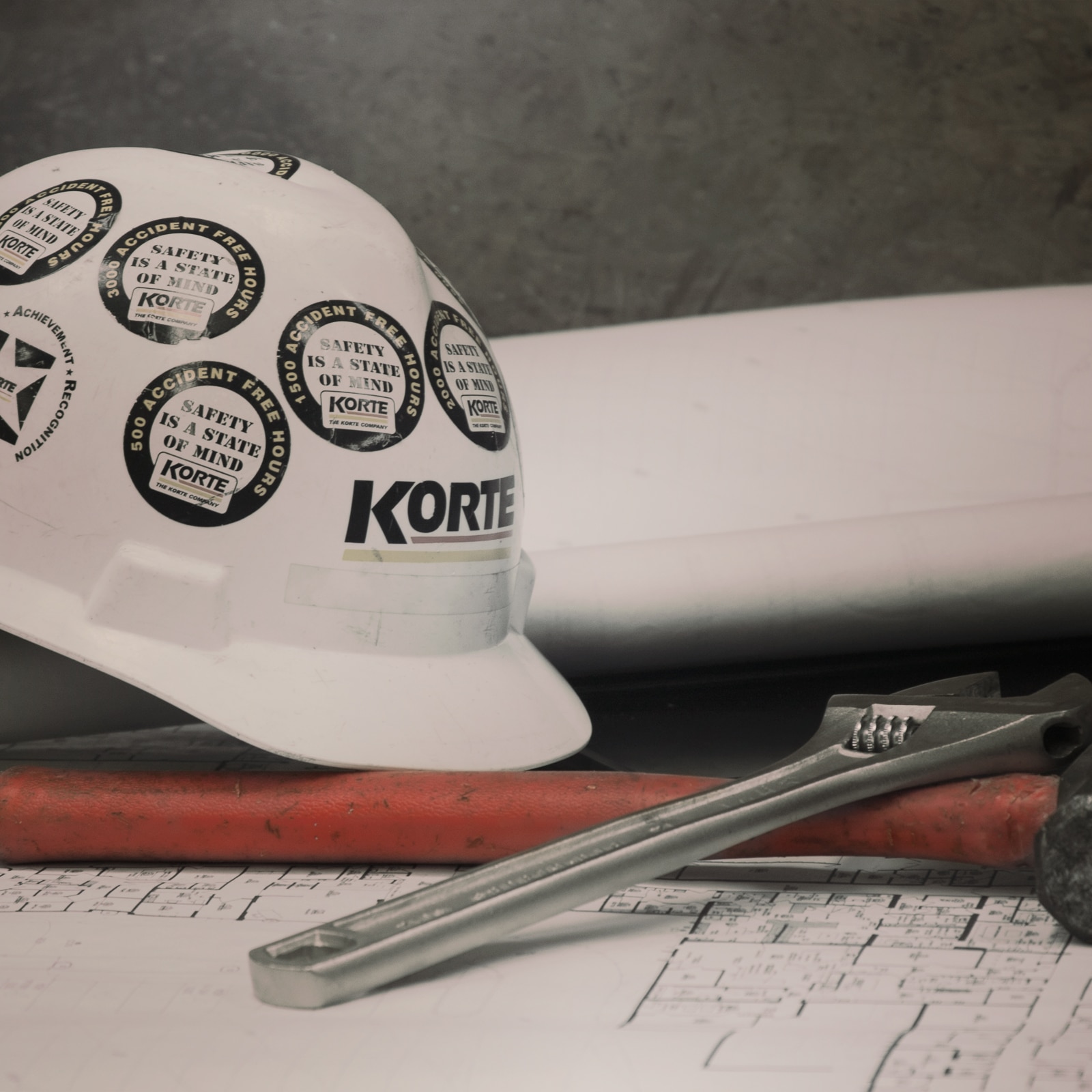
Effective company culture. That’s a foreign concept for many, but we believe company culture should be a strong tool in any Design-Build firm’s toolbox. You can’t underestimate the importance of company culture in any field, but especially in construction. When you work with a Design-Builder, you don’t just shell out cash for a structure, you hire a team to help you physically build your business.
By definition, company culture includes the values, vision, systems, standards and thinking of a business. Taken together, those things influence every decision a builder makes, so it’s fair to say company culture touches every nail, step and screw in your facility.
Here are three key aspects of company culture that impact your structure during the construction phase of a build. To learn about company culture in preconstruction, read this recent post. These are excerpts from our guide to company culture in construction.
1. Speed of implementation
When you evaluate competing contractors, particularly Design-Build firms, consider how quickly they can actually get the ball rolling. Speedy implementation ties directly back to organizational company culture. We believe Design-Builders and their subcontractors should always be ready to begin construction. But it’s one thing to have a meeting and talk about what you want, and it’s entirely another to actually start hammering nails and tilting up concrete panels. For your builders to have immediate implementation capabilities, they have to make a company-wide commitment to keeping the necessary skill sets and tools on hand. To us, that means employing a full design staff, LEED-certified personnel, specialty-certified job-site safety professionals, relevant vendors and a full construction team.
A few things to consider when you evaluate a Design-Builder’s speed of implementation:
- Will you be waiting for weeks on end as they assemble a team, structure subcontractor relationships and bring in project-specific talent?
- What kind of immediate progress can your contractor deliver?
- How quickly can your builder source material?
For our part, we’ve been building since 1958, and we’ve established all the business relationships and partnerships necessary to get moving on a project within the hour. And we have dedicated sources for construction materials, so we’re always prepared to build, even in emergencies.
2. Job-site safety
We put a heavy emphasis on job-site safety at The Korte Company, as does any builder worth their salt. Preserving human life is more important than anything we do, and we believe executing great builds goes hand in hand with uncompromising job-site safety.
Facilities managers never want to get snarled in safety issues a builder can and should avoid. You’ll want to know your builder’s safety record, because an unsafe contractor can cost you time, worry and a lot of money.
We recommend you gain a thorough understanding of your prospective contractors’ safety procedures. We believe job-site safety should be ingrained at the organizational level, and we have invested heavily in Safety Trained Supervisors. We perform risk assessments before every build and hold weekly project management/safety meetings throughout the construction process.
Every builder will have different procedures, but it’s always nice to see milestones like 1 million hours without a lost-time accident, safety awards and recognition.
A few points to consider regarding job-site safety:
- What are the safety procedures your builder has in place when on the jobsite?
- What certified, specialty-trained safety professionals do they keep on staff, and how well do they comply with job-site regulation?
- Do they provide you written documentation of their safety track record, and will they introduce you to their job-site supervisors who oversee safety?
3. Paperwork and foresight
If you let it, a deluge of paperwork can take over your build. But experienced, quality builders will cut that paper mill down to size before they even pour the foundation.
Ask builders what kind of paperwork and assessments they need and how they handle them to save you time. You want to work with builders who efficiently and proactively fill out the government compliance forms and don’t let papers turn into a bureaucratic mess.
We believe this ties into company culture because a Design-Builder’s internal communication and paperwork process stems directly from its leadership. We believe the right employees should be able to effectively attend to compliance forms while efficiently coordinating with the project team. Collaboration is key throughout a build. Having efficient internal communication means the right people always have the ability to compile all the necessary information to file paperwork. Your builder should not let compliance paperwork cause project delays or create unforeseen risk.
Here are a few key considerations regarding paperwork:
- What paperwork do you need for your construction job and how much of it does your builder handle?
- What is your builder’s process for gathering necessary information to file compliance documentation, and where will they require your involvement?
- How does your builder ensure that your build complies with any and all relevant regulations?
More about company culture in construction
We believe builders should put their company culture to use. Before, during and after construction. To learn how to evaluate effective company culture in a builder, click below and download our guide to company culture in construction. It’s an invaluable resource if you have a big construction decision in your near future.
